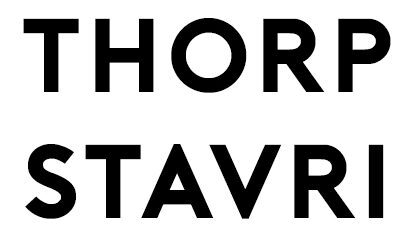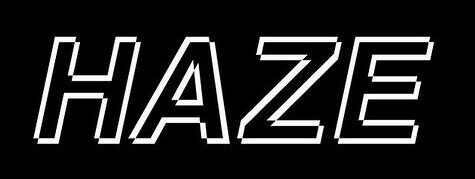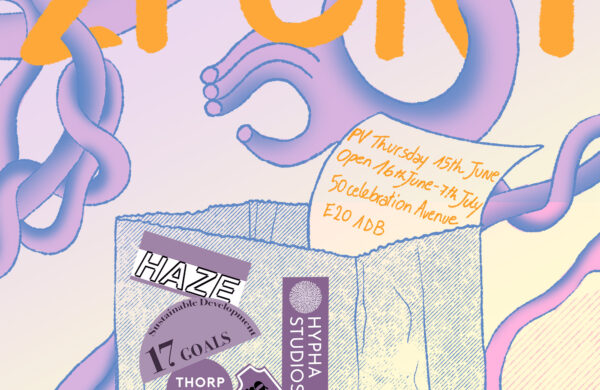Jon KIPPS
Pharaoh Overlord, 2020
Walnut, paper pulp, paint
17 x 7 x 13 cm
Power Trip, 2020-23
Dyed MDF, cable, fabric, risograph prints, chameleon paint, MDF, plywood, valchromat
Freestanding dimensions: 110 x 115 x 103 cm
Wall mounted dimensions: 119 x 128 x 31 cm
Integrity, 2022
MR MDF, Ash, spray paint, acrylic paint, card
16 x 16 x 4.3 cm
Entombed, 2023
Valchromat, linoleum, reflective stickers, mycelium, MDF, chameleon paint
31 x 21.5 x 19.5cm
ARTWORK STATEMENT
Power Trip (2020-23), is part of a series of ‘obstacle’ sculptures which can be assembled as freestanding objects, as well as flatpack ‘kits’, suspended on bespoke colour-shifting supports. The ‘parts’, when displayed on the wall, fall in very specific arrangements, ready to easily switch back and become fully ‘functional’ as freestanding objects once more. These are unique portable objects, ready to be deployed in a variety of contexts and situations whilst being tailored for the user, like an ex-military vehicle reimagined and customised to accommodate the doomsday prepper’s needs.
Kipps’ wall based sculptures stem from a curiosity about the design of symbols and how we are encouraged to interpret and perceive objects that make up our surroundings. Like warning markers to guide away from hazards, these arcane architectural fixtures draw the viewer close, creating moments of pause. In Pharaoh Overlord Kipps used sprayed cardboard pulp packaging to create a fake bronze patina, giving the discarded material an elevated status. Integrity uses Anton Stankowski’s idea for the Deutsche Bank logo design as a departure point however the upward stroke ‘portraying dynamic development’ (like a graph representing growth in the stock market) has been inverted to reflect a world crumbling with Pandemics, global warming, chaotic governments and the prospect of nuclear war discussed regularly on the news.
BIOGRAPHY
Jon Kipps (b. Southend-on-Sea, Essex), is currently based in South East London. His work explores combinations of broad influences and source images to create hybrid sculptural objects. Kipps is interested in the way we choose to model and customise our environments and surrounding commodities, particularly objects associated with asserting or diffusing power, restricting behaviour and understanding social hierarchies. Examples include hostile architecture design, skate stoppers, as well as car body modifications, coastal defences and less obviously aggressive forms of urban infrastructure, such as in bollards.
SUSTAINABLE DEVELOPMENT GOALS
7 – Affordable and Clean Energy
11 – Sustainable Cities and Communities
12 – Responsible Consumption and Production
16 – Peace, Justice and Strong Institutions







